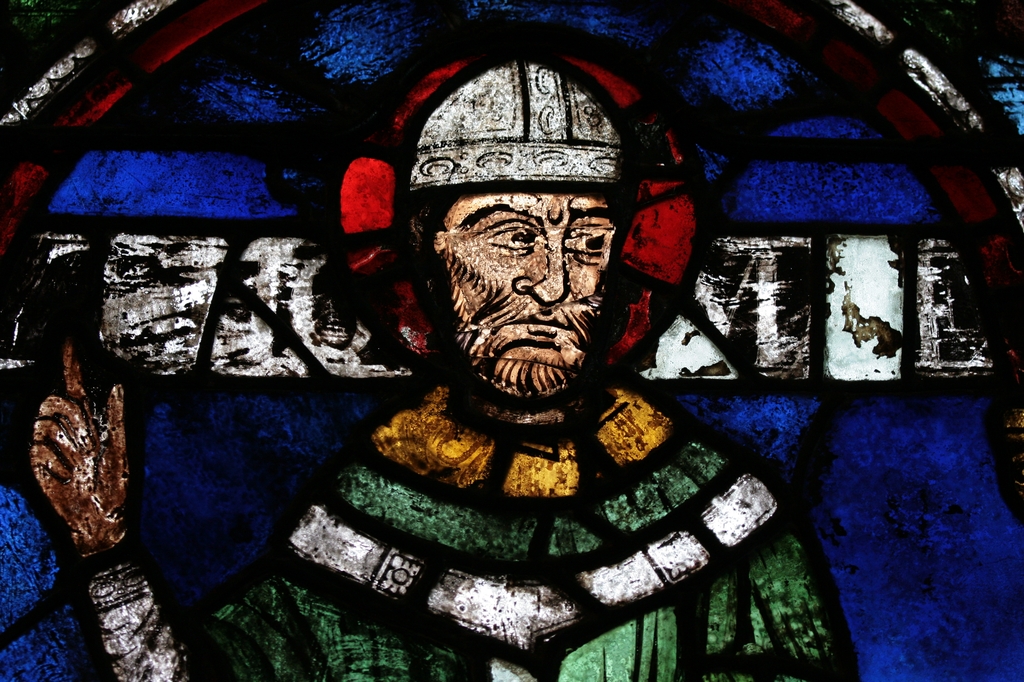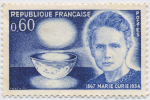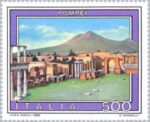![[Bishop]](https://riverhouses.org/wp-content/uploads/2023/12/enoji-bishop-150x132.png) Teach a little medieval history lesson to your homeschool students today and give them some historical landmarks for life.
Teach a little medieval history lesson to your homeschool students today and give them some historical landmarks for life.
On December 29th in the year 1170, Thomas Becket, the Archbishop of Canterbury, was murdered at the foot of the altar in Canterbury Cathedral by four knights who may, or may not, have been acting under orders from England’s King Henry II. Becket had been a long-time friend and counselor of King Henry, and Henry had appointed him archbishop with the expectation that Becket would allow the king to exert greater control over the church. But upon his elevation, Becket decided to be his own man: he focused his loyalty on the church and the Pope, much to Henry’s dismay, and he quickly became a thorn in the king’s side. The traditional account says that Henry one day shouted in a fit of rage, “Will no one rid me of this troublesome priest?” — and four of his knights, overhearing their master, took the king’s outburst as their license to kill.

Thomas Becket’s murder — the open assassination of the senior religious figure in England in the sanctuary of his own church — has loomed large in the Western imagination ever since. It sent shockwaves through Europe and played a significant role in the struggles between church and state that continued for centuries. The site of Becket’s murder soon became a place of pilgrimage and has remained so for more than 800 years.
Take five minutes today to teach your students the name of Thomas Becket, who he was, and how he met his fate on that December day in 1170. Those little cultural facts — “mental furnishings” — will make it possible for them to understand centuries of subsequent references in literature, art, and history.
If your students don’t know Becket, they won’t be able to understand the setting of Geoffrey Chaucer’s Canterbury Tales (ca. 1390), the text that stands at the root of all of English literature. Who are the characters in the Canterbury Tales? A group of travelers going on a pilgrimage to the site of Becket’s murder, “the hooly blisful martir for to seke.”
![[Canterbury Pilgrims]](https://upload.wikimedia.org/wikipedia/commons/thumb/a/a2/Blake_Canterbury_Pilgrims_engraving.jpg/1024px-Blake_Canterbury_Pilgrims_engraving.jpg)
And if your students don’t know Becket and Chaucer, they won’t be able to understand, for example, Herman Melville’s description of the ancient decks of the whale-ship in Moby-Dick (1851), which “were worn and wrinkled, like the pilgrim-worshipped flag-stone in Canterbury Cathedral where Becket bled.”
And if they don’t know Becket they won’t recognize the title and the story behind a standard work that has long been taught in high school and college literature courses, T.S. Eliot’s famous twentieth-century play Murder in the Cathedral (1935).
And that’s just an elementary beginning. Students who don’t learn historical landmarks like these pass through the world as though they were blind. All around them in society and culture people are making references to things, alluding to past events, citing examples of ideas and principles, drawing pictures — and they see nothing. Furnishing your students’ minds with historical facts — about a seemingly obscure crime that happened almost a thousand years ago, for example — opens their eyes to a world of understanding throughout their lives.
What historico-literary discoveries have you and your students made in your homeschool this Orion Term? 😊
❡ Explore more: The history encyclopedia in your recommended River Houses reference library has an excellent review of church and state in medieval Europe on pages 194–197, with a specific mention of the murder of Thomas Becket as a significant event of the period — and if you look close, you’ll even find a little picture of Chaucer’s pilgrims. You can also have your students track down the location of the city of Canterbury in your homeschool atlas. 📚
❡ Here, said the year: This is one of our regular posts about Homeschool Holidays & History. Subscribe to our free River Houses newsletter to get more great homeschool history lessons delivered right to your mailbox all through the year. 📫
❡ Homeschool calendars: We have a whole collection of free, printable, educational homeschool calendars and planners available on our main River Houses calendar page. They will help you create a light and easy structure for your homeschool year. Give them a try today! 🗓
❡ Support our work: If you enjoy our educational materials, please support us by starting your regular Amazon shopping from our very own homeschool teaching supplies page. When you click through from our page, any purchase you make earns us a small commission at no extra cost to you. Thank you for helping us to keep going and growing! 🛒
❡ Join us! The aim of the River Houses project is to create a network of friendly local homeschool support groups — local chapters that we call “Houses.” Our first at-large chapter, Headwaters House, is now forming and is open to homeschoolers everywhere. Find out how to become one of our founding members on the Headwaters House membership page. 🏡




